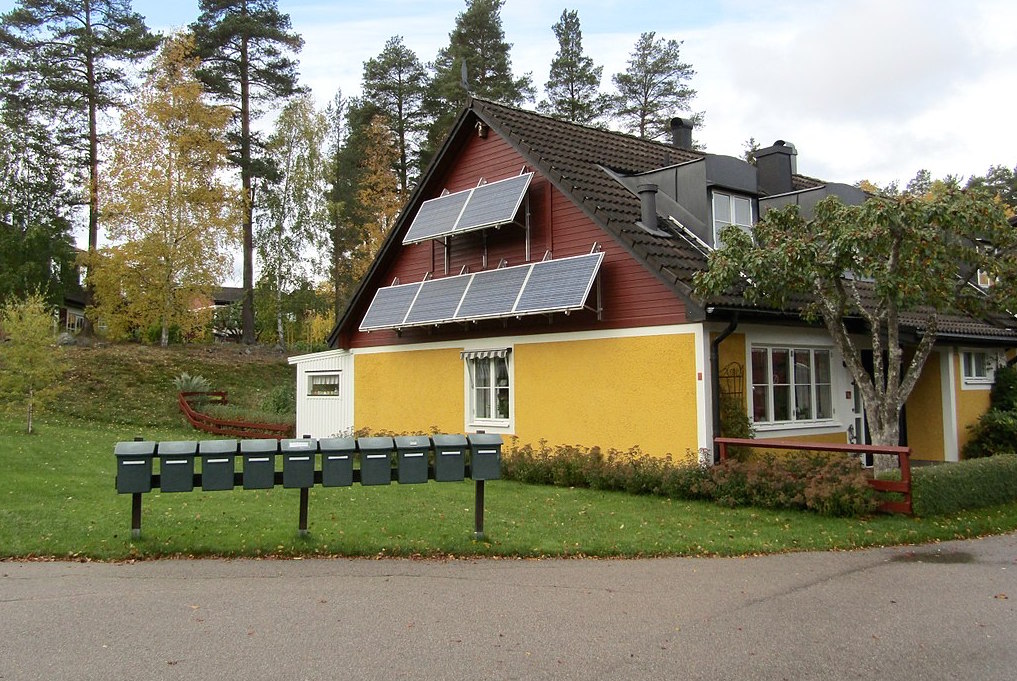As evidence shows, Ontario Premier Doug Ford is no friend of the environment.
The Government of Ontario’s website now states, “Effective July 3, 2018, we cancelled the cap-and-trade regulation and prohibited all trading of emission allowances. We have developed a plan to wind down the program.”
That may prompt the question: should we rally to defend cap and trade?
The Toronto Star has explained, “Under a cap-and-trade system, a government sets a cap — a limit — on the amount of greenhouse gas emissions various industries can emit into the atmosphere. This limit is gradually reduced over time to decrease total pollution levels.”
While that may sound OK on first read, climate justice activists and Indigenous allies have raised serious concerns with cap and trade.
Cap and trade is a market-based system.
The group Environmental Defence, which supports cap and trade, has explained, “Industry and businesses that want to pollute need a permit from the province, and the permits can be traded on the carbon market, like stocks are traded on the stock market. In cap and trade, the government sets the limit and the market sets the price.”
As such, a heavily polluting corporation is able to purchase a credit from another corporation that does not need its full emissions allowance set by the government.
Food and Water Watch has commented, “Unfortunately, many in the environmental movement have adopted support for ‘market-based’ schemes like pollution trading (also known as ‘cap and trade’), which essentially give companies [with enough money] a right to pollute, rather than hold them liable for reducing pollution.”
It adds, “Cap-and-trade systems essentially make pollution a commodity through credits and offsets that allow for financial corporations to profit from polluting industries.”
Given the predatory logic of capitalism and given that maximizing profit has taken us to the precipice of climate disaster, we should be skeptical that the market will save us from it.
Cap and trade also allows for offsets.
CBC notes, “Offset credits will be created by projects outside Ontario that reduce or remove one tonne of greenhouse gas emissions, such as tree planting or capturing and destroying methane gas, and those credits can then be sold to Ontario cap-and-trade participants.”
Food and Water Watch points out one problem with this by noting, “Verifying offsets is nearly impossible. As a result, many offsets may not represent an actual reduction in pollution loads, but are still used as a way for polluters to avoid cleaning up their own mess.”
Furthermore, purchasing offsets does not assist a community — often Indigenous, racialized or lower income — from the scourge of a nearby polluting industry that rather than reducing its emissions buys credits on a market, thus allowing it to continue to pollute.
That’s called environmental racism.
With cap and trade, the market sets the price of carbon. The price per tonne of carbon through this system in Ontario was expected to be about $20 to 25 a tonne by 2022.
The Trudeau government’s carbon tax is a different mechanism, but the pricing is similar. Trudeau’s carbon tax will start at $20 a tonne in January 2019 — if he can push it through — and his government has pledged to increase this tax to $50 a tonne in 2022.
But even to meet the Harper-Trudeau government’s woefully inadequate target of reducing greenhouse gas emissions by 30 per cent from 2005 levels by 2030, environmental economist Dave Sawyer has argued that a carbon levy of $180 per tonne in 15 years would be needed, along with regulations and the direct funding of climate policies.
Furthermore, CBC has reported, “Simon Fraser University economist Mark Jaccard said the price on carbon would have to rise to $200 per tonne by 2030 to meet [the federal government’s target under the Paris agreement] if Canada relied on emissions pricing alone.”
As such, both the provincial cap-and-trade price per tonne and the federal tax per tonne of carbon at this point — and in the near future — appear to be more symbolic than substantive. They are more spin than strategy.
The Indigenous Environmental Network concludes, “Carbon pricing, including carbon trading, carbon taxes and carbon offsets, are false solutions to climate change that do NOT keep fossil fuels in the ground.”
The climate justice movement needs to fight for real solutions, not market-based schemes, as in Ontario, or modest taxes implemented by a neoliberal federal government that is deeply committed to spending billions of dollars on a tar sands pipeline.
Brent Patterson is a political activist and writer.
Photo: Alicia Fagerving/ Wikimedia Commons
Help make rabble sustainable. Please consider supporting our work with a monthly donation. Support rabble.ca today for as little as $1 per month!





